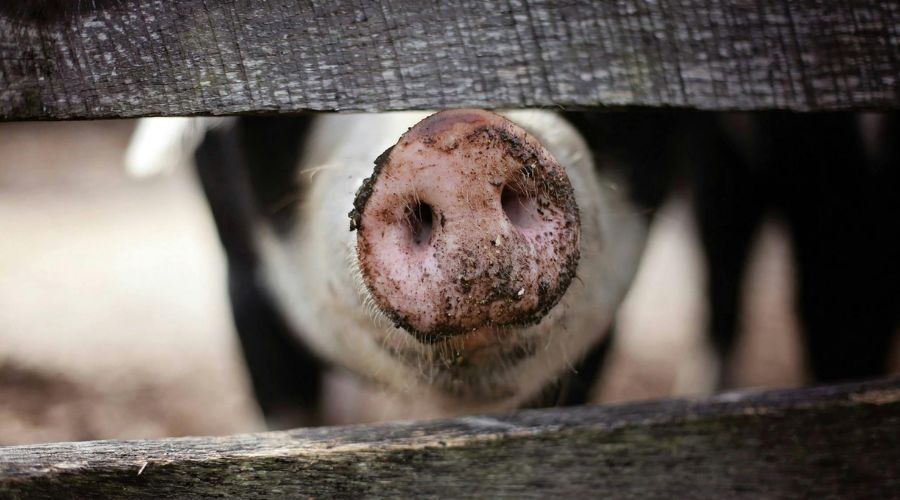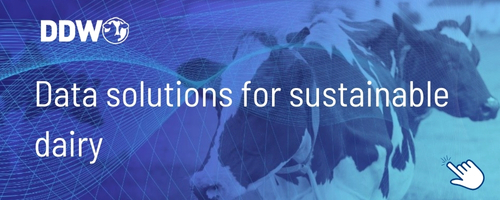African swine fever: Significant rise in cases last year
18th May 2024
2023 saw a fivefold increase in outbreaks of African swine fever (ASF) in EU domestic pigs compared to the previous year, a new Efsa report shows.

For domestic pigs, 2023 saw the largest number of African swine fever (ASF) outbreaks since 2014. Croatia and Romania made up 96% of the total number of outbreaks (1,929).
Outbreaks in wild boar also increased by 10% compared to the previous year.
Additionally, the virus was introduced for the first time in Sweden and Croatia, spread to new areas of Italy, and re-appeared in Greece after a two-year hiatus.
Germany, Hungary and Slovakia, however, experienced fewer outbreaks in wild boar.
READ MORE: Looming threat of African Swine Fever prompts biosecurity alert
A total of 14 EU Member States were affected by ASF last year, and it caused a five-fold increase in outbreaks in domestic pigs compared to the previous year.
These findings were reported in the latest annual epidemiological report published by EFSA today.
Passive surveillance
EFSA’s experts recommend prioritising passive surveillance, including the searching and testing of wild boar carcasses, rather than active surveillance, including the testing of hunted wild boar for the detection of ASF outbreaks.
Passive surveillance, in particular noticing clinical signs of the disease remains the main mode of detection for ASF. Farmers and vets therefore have a particularly important role to play in reporting suspicious cases, Efsa said.
READ MORE: Government makes ‘crucial changes’ to improve biosecurity at UK trade border
In October this year, Efsa will deliver a scientific opinion revising the risk factors for the emergence, spread and persistence of the ASF virus in wild boar populations as well as in domestic pigs.
It says its advice will support risk managers in their ongoing efforts to prevent, control and eradicate the spread of the ASF virus.
Read more pig news.


